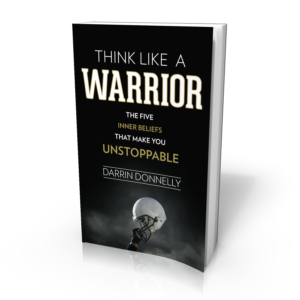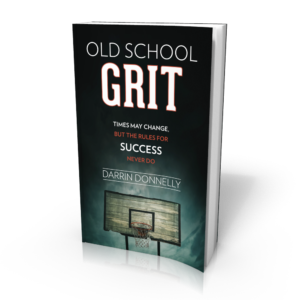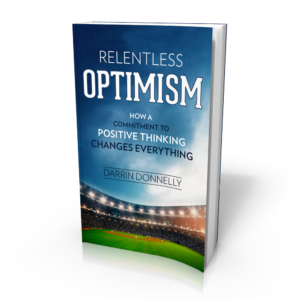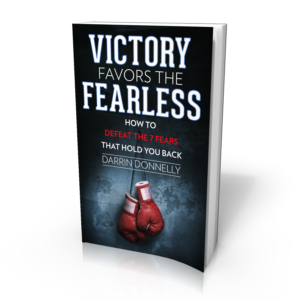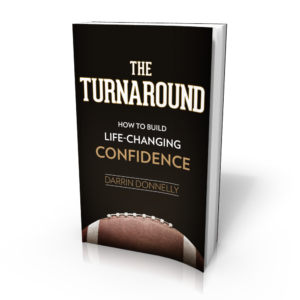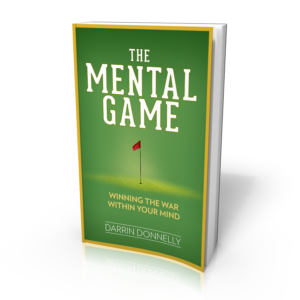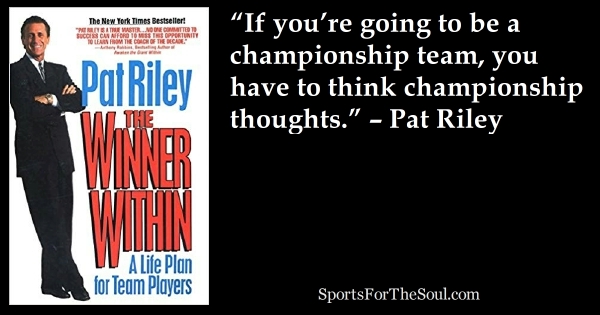 When things aren’t going well and we experience a losing streak in life, it can be very difficult to shift our mindset from negative to positive. During tough times, it’s easy to find ourselves focusing on all the things that are going wrong, and never on the things that are going right.
When things aren’t going well and we experience a losing streak in life, it can be very difficult to shift our mindset from negative to positive. During tough times, it’s easy to find ourselves focusing on all the things that are going wrong, and never on the things that are going right.
Oddly, it can almost feel “good” to be negative.
It’s as though we don’t want to let go of the negativity. We don’t want to admit that things aren’t as bad as we’ve made them out to be. We refuse to look for solutions and we instead choose to dwell on problems.
Why do we do this? Why is there an almost addictive nature to being negative sometimes?
One of the reasons we often hold onto negativity is because of the well-intentioned sympathy we receive from others when things aren’t going well. We start to enjoy the attention we’re receiving. We start to feel sorry for ourselves. It can be tempting to embrace the role of the “lovable loser” who never catches a break.
Pat Riley, the winner of five NBA championships as head coach with the Los Angeles Lakers and the Miami Heat, calls this negative pattern “the Sympathy Syndrome” and he warns that feeling sorry for yourself and seeking sympathy will keep you stuck in defeat…
Rocked by adversity, people often get so much empathy and caring poured on them that their own misfortune actually starts to feel good…sort of special: “What a tough break,” everybody tells them. “You don’t deserve it.” What soothing consolation!
But sympathy is like junk food. It has no real nourishment. The emptiness comes back very quickly. And nothing gets accomplished in the meantime.
There is never, really, any release from the consequences of adversity until you decide to do something about them.
Forget about sympathy. Strengthen your state of mind instead.
Even if the odds have shifted against you, go after your goal with the same effort, the same belief, and the same faith.
If you’re going to be a championship team, you have to think championship thoughts.
One thing you learn quickly in the NBA—playing 100-and-then-some games a year against the fiercest, most talented athletes available—is that losing is just as much a part of life as winning. It’s critical to realize that failure is as much a part of the picture as success. No matter how hard you compete, you ultimately have to absorb losses.
So you do absorb them, with grace and a determination to learn whatever they might teach. But never be tempted to embrace them.
Be angry. Be upset. Be determined to come back stronger next time. But do not be accepting.
People who are negatively conditioned accept defeat. People who are positive don’t.
Psychologists call it the self-fulfilling prophecy. Unconsciously, we try to shape our reality to fit our own preconceptions, even when those preconceptions are self-destructive.
And if you’re thinking, “I expect to fail,” or “It’s okay to fail, after what happened to me,” you’ll fail. Simple as that.
Determination conquers every failure.
— Pat Riley, from his book The Winner Within
Ultimately, what Pat Riley is warning against is feeling sorry for yourself.
It is self-pity that dangerously makes negativity feel “good” sometimes. Avoid this trap; it’s easy to get stuck in.
When something bad happens, be grateful for those who are there to support you during the tough times, but don’t fall into the trap of seeking more and more of the attention they’re giving you.
If you start to seek attention and sympathy for the bad things that have happened to you, you’ll have no problem bringing more bad things into your life, which continues to feed the self-pity monster.
Instead, shake off the adversity, and move forward.
Attack, attack, and don’t look back.
This is the warrior mindset necessary for turning things around. A champion does not waste time feeling sorry for himself.
